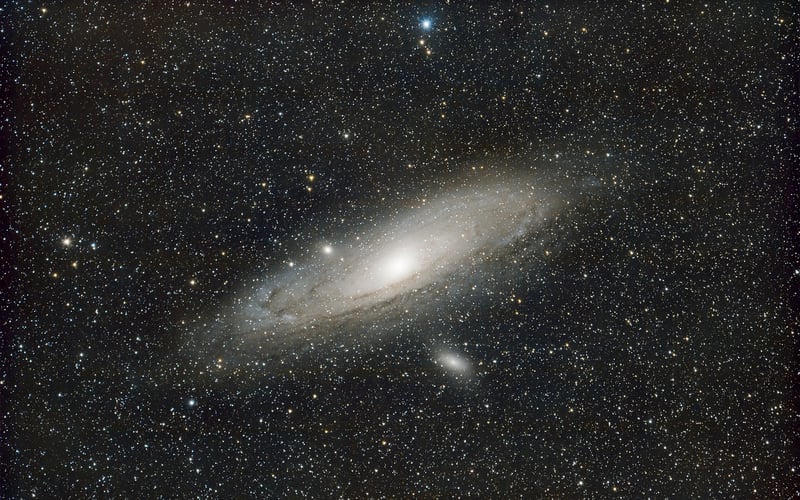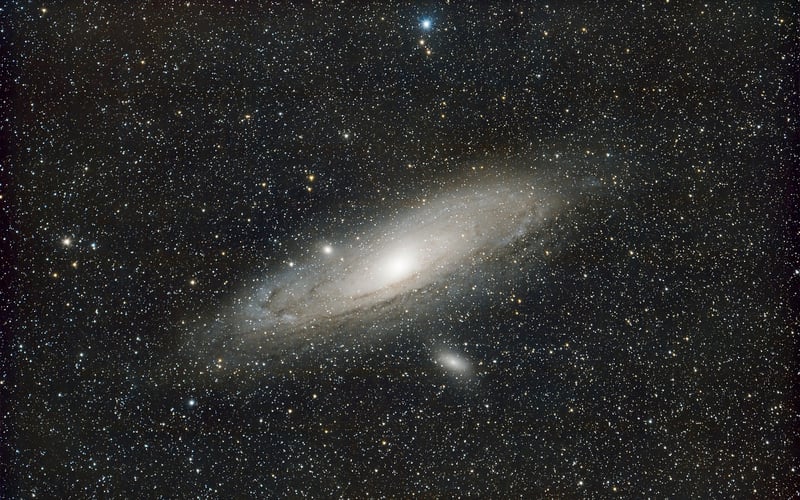Bootstrap Paradox
The Fascinating World of Time Conundrums and the Bootstrap Paradox

Time travel has been a popular topic in science fiction for decades, captivating audiences with its mind-bending concepts and paradoxes. One such intriguing paradox is the Bootstrap Paradox, also known as a causal loop, that challenges our understanding of cause and effect within the realm of time.
What is the Bootstrap Paradox?
The Bootstrap Paradox refers to a hypothetical scenario where an object or information is sent back in time and becomes trapped in an infinite cause-and-effect loop without a clear origin. In simpler terms, the paradox involves an item or piece of knowledge that exists without being created, leading to a self-perpetuating cycle.
Example of the Bootstrap Paradox
Imagine a scenario where a scientist travels back in time and gives their past self detailed instructions to invent a groundbreaking technology. The past self then follows these instructions and successfully creates the technology, which the scientist later takes back in time to give to their past self. In this loop, it's unclear where the original idea for the technology came from, creating a paradoxical situation.

Time Conundrums and Their Implications
Time conundrums, such as the Bootstrap Paradox, raise profound questions about causality, free will, and the nature of time itself. They challenge our traditional linear understanding of cause preceding effect and blur the lines between past, present, and future.
Conclusion
Exploring time conundrums like the Bootstrap Paradox sparks our imagination and pushes the boundaries of what we perceive as possible. While time travel remains a theoretical concept, the paradoxes associated with it continue to fascinate and intrigue both scientists and science fiction enthusiasts alike.
For more information on time conundrums and theoretical physics, check out Space.com.
